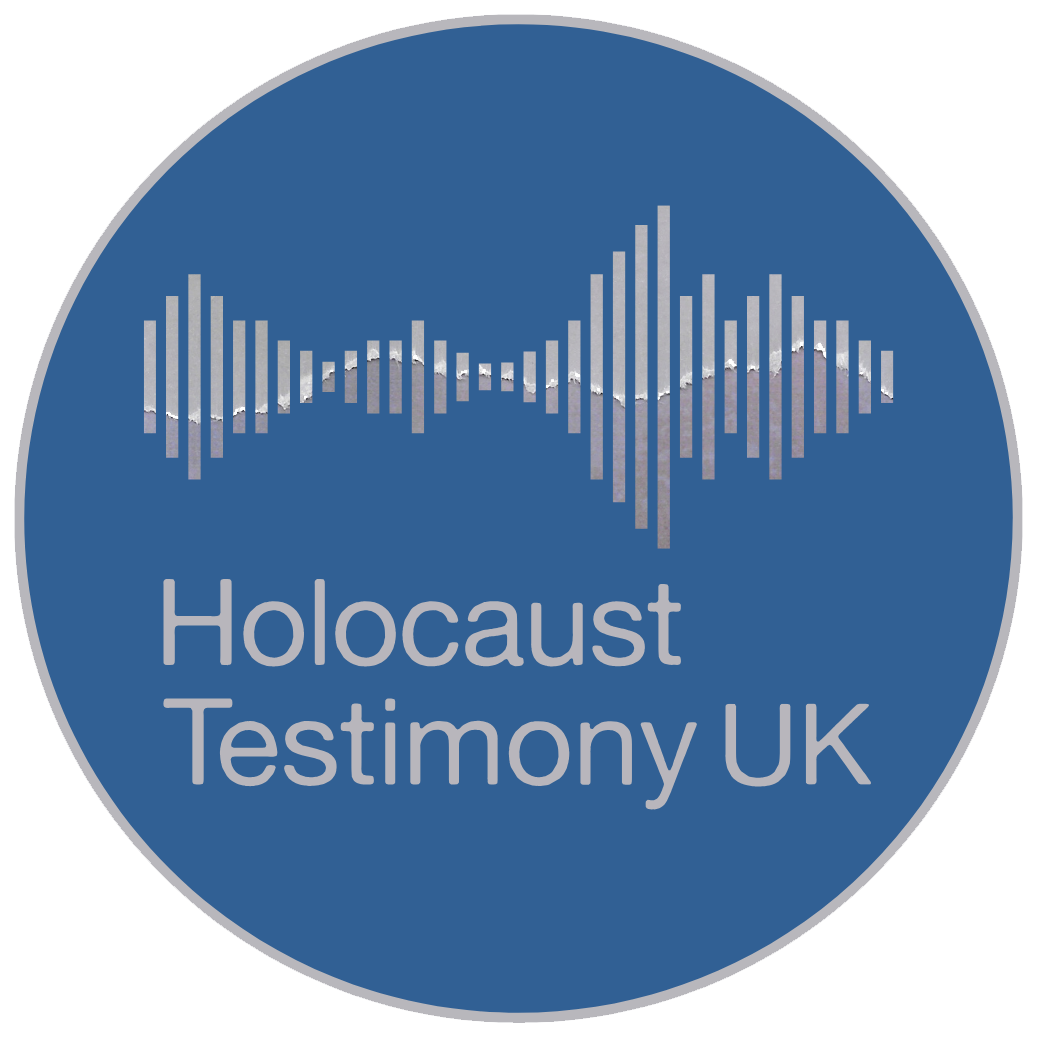External Links
Interview(s) below aren't available on our site but may be available online from partner sites. If not, please contact the partner archive directly to arrange access.

Interviewee Summary
Daisy Hoffner was born in January 1924 in Berlin, where she grew up as the only child of Kurt Holzapfel, a doctor, and Erna Lehmann. Daisy was baptised when she was six. She attended the Viktoria Luisen Lyzeum. Her parents had been baptised, but didn’t attend church. Daisy never had any sense that the family had Jewish roots. Only when she wanted to join the Hitler Youth did she find out that she had Jewish grand-parents. The only youth movement which she could join was the Quaker Youth Movement. By chance she found out that the Quakers organized a list of children to be send on a Kindertransport to Britain and she left Berlin on the 5th of January 1939.
After staying in the Dovercourt Reception camp, she was sent to a doctor's family in Milton Abbas, where she was expected to help with the child the family was expecting. When the family found out that her father was a doctor they allowed her to go to school. While in Dorset, Daisy managed to get the Quaker family who she was supposed to go to, to sponsor her parents who came to the UK in July 1939. The parents first settled in the village and then moved to London. Once Daisy turned 16, she was classified as an ‘enemy alien’ and had to leave Dorset. While her father was interned in several internment camps for many years, she shared various boarding houses with her mother. She describes in great details the atmosphere around the Finchley Road (and the bombings). Her father was finally allowed to work as a doctor and set up his practice in Islington. Daisy wanted to train as a doctor but did not get a place at a medical school in London but did not want to leave London either and therefore trained as a dentist. One of her patients was Rudi Dutschke, the famous leader of German students revolts in the 1960s.
She met her husband Charles, a refugee from Leipzig, and they settled in Belsize Park. They adopted two children. She went back with her family to Berlin in 1966, which was a bizarre experience as Berlin was already divided. She didn’t feel like she belonged there. She doesn’t feel English either, although she attended school, studied and raised a family here. She feels Central European and her home is Hampstead or more precisely Belsize Park. Only later in life has she realised her deep trauma caused by uprooting early in her life. Daisy still attends Quaker meetings. Among the circle of friends was the writer Erich Fried.
Key words:
Berlin. Kindertransport. Quakers. Dovercourt. Dorset. Milton Abbas. Dentist. Finchley Road. Boarding Houses. The Dorice Cafe. Erich Fried. Rudi Dutschke

Testimonies
7 January 1998
Institution
External Link
External Link
External Link
29 October 2015
Institution
External Link
External Link
External Link


INTERVIEWEE:
Daisy H.
Born:
1924
Place of birth:
Berlin

Photos
Caption
Institution
External Link
External Link
External Link

Caption
Institution
External Link
External Link
External Link

Maps
Place of Birth
Berlin
Place of Interview
Location
Recorded Talks
Place of Birth
Berlin
"The whole reason that we have this interview is to let future generations know what kind of life of we had so they should have a better life, not have to suffer through all the traumas we had to suffer. As time goes on the memory of those days and the importance of it will dim, and this programme will help keep it in people's minds and hopefully let future generations have a better life. It should be a better world."
- Arnold Weinberg, AJR Refugee Voices Testimony Archive.
"The distribution of life chances in this world is often a very random bus"
- Peter Pultzer.

Experiences:
Tag
Tag
Tag


